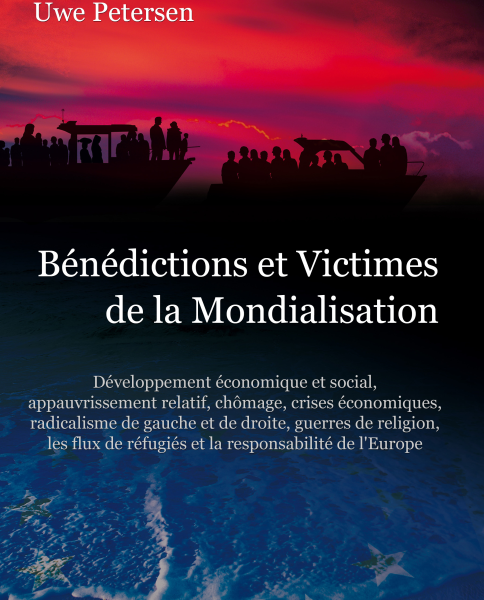Beschreibung
Uwe Petersen
Blessings and Victims of Globalization
Economic and social development,
relative impoverishment, unemployment, economic crises,
radicalism of left and right, wars of religion,
refugee flows and European responsibility
Translated and updated
Original German title:
Blessings and victims of globalization
Economic and social development,
relative impoverishment, unemployment, economic crises,
left and right-wing radicalism, religious wars,
refugee flows and the responsibility of Europe
Published 2017
Proofreading: Miriam Peters
Book cover design:
TomJay – bookcover4everyone / www.tomjay.de
Cover photo: © ginae014 – Fotolia.com
Publication date: March 2018
Publishing house: createspace
ISBN-13: 978-1983962998
ISBN-10: 1983962996

